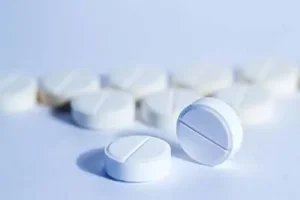PERCOCET WITHDRAWAL AND DETOX
Discover Our
Addiction Treatment Center In Florida
Call Now To Begin Your Journey Toward Recovery
Taking the first step towards recovery can be daunting, but knowing your options for care is paramount to your success. Please fill out the form, and one of our team members will reach out to help you get started.
[gravityform id="6" title="true"]
